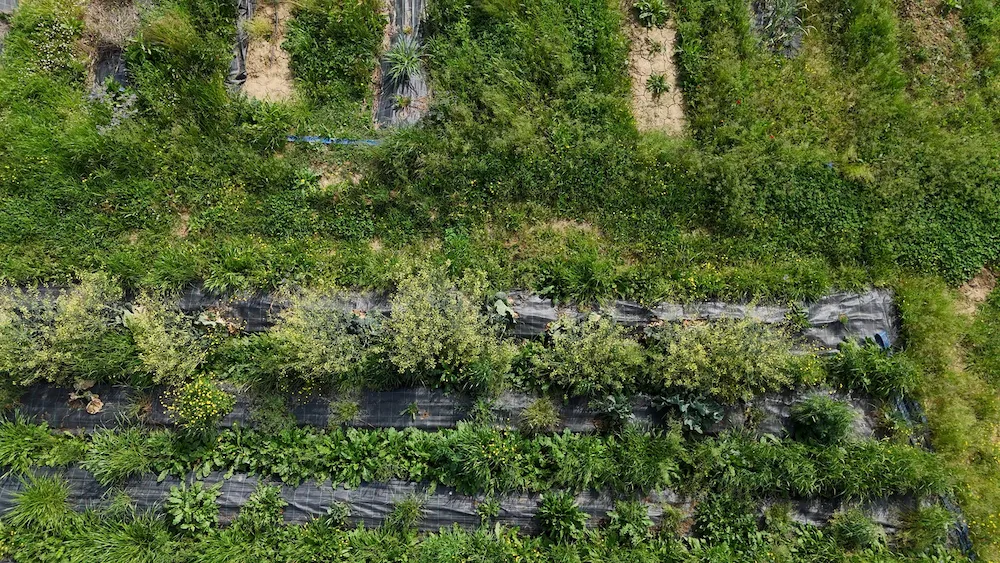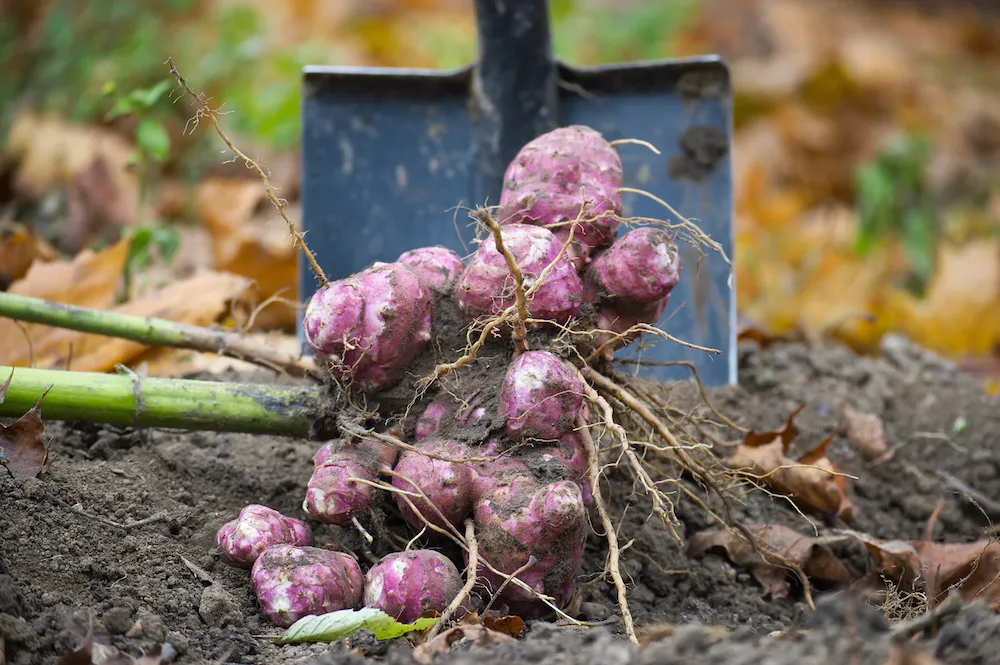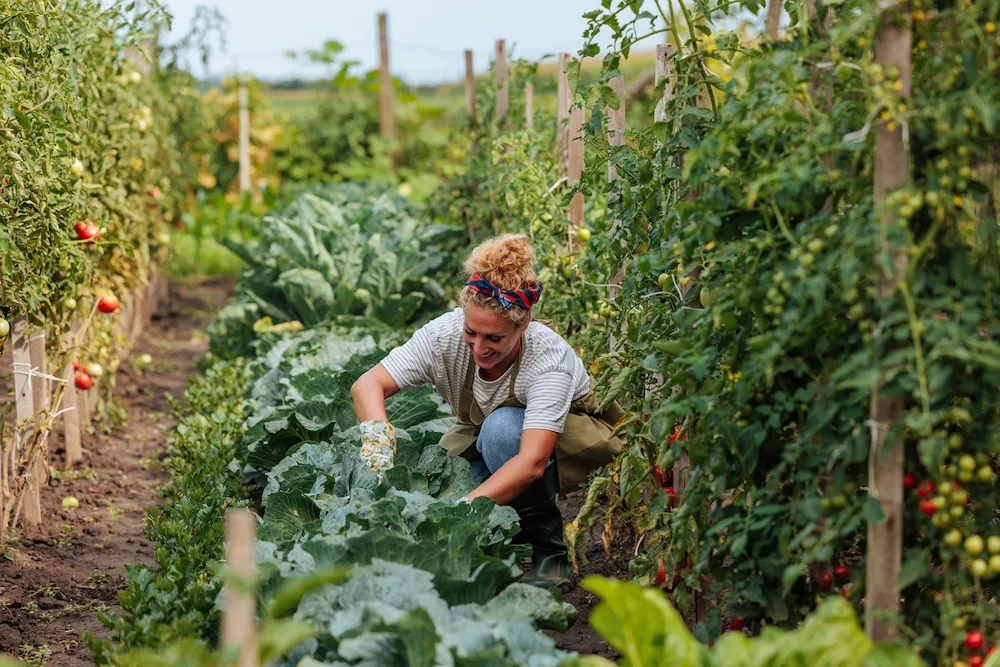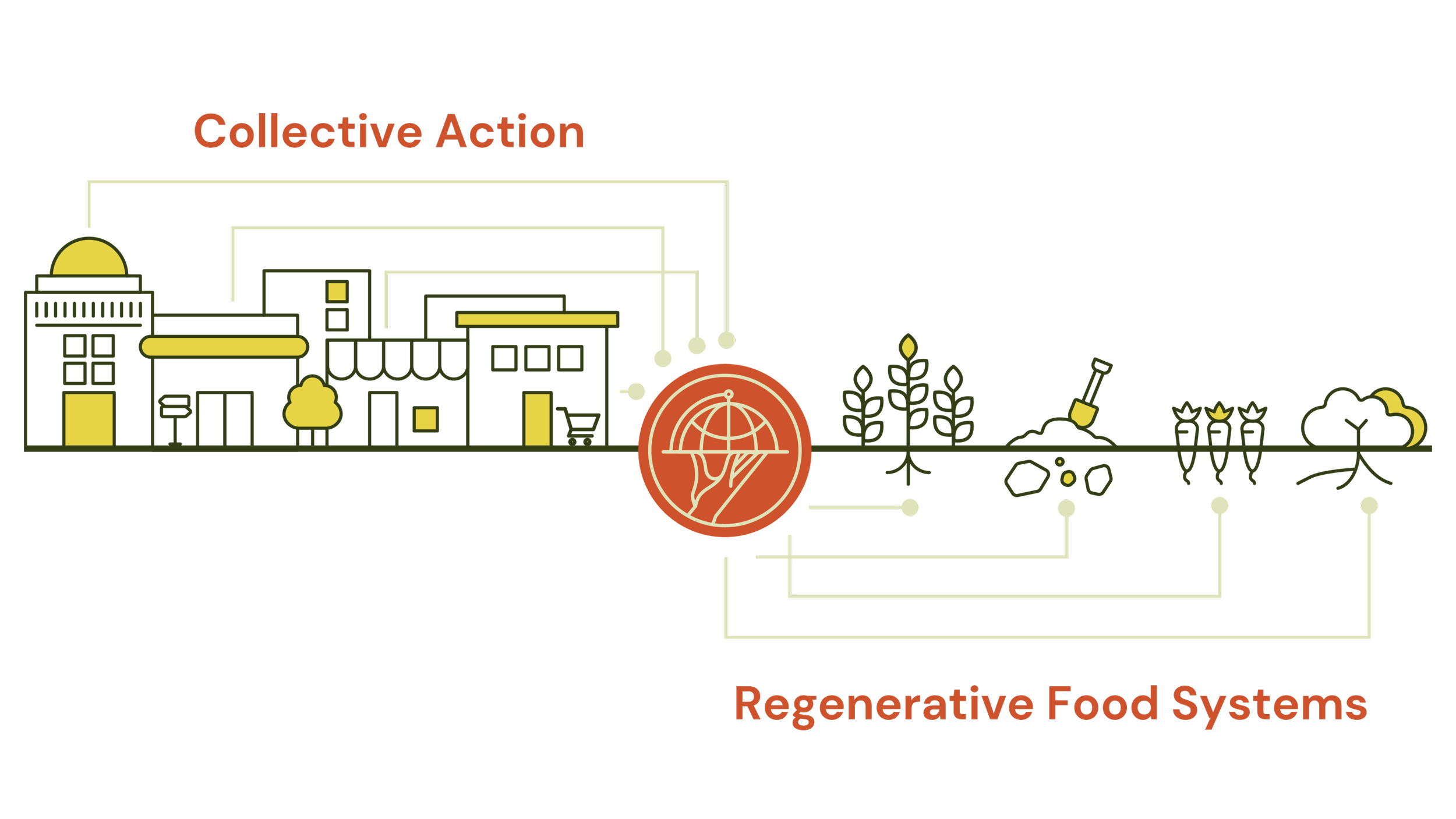The Documentary that Introduces The Farming Revolution That Could Heal Our Planet

Food Unfolded, the initiative that educates people on sustainable and healthy food choices and sourcing, published a free YouTube video that explores how farming can actually help restore ecosystems rather than harm them.
It tells the inspiring story of Ernst Götsch, a Swiss farmer and pioneer of “syntropic farming,” who nurtured degraded land in Brazil’s Atlantic rainforest back into a thriving, food-producing ecosystem—without using fertilizers, pesticides, or irrigation. His work is a testament to the power of working with nature and is a strong sign of hope in restoring the lost biodiversity on this planet.
The documentary introduces viewers to regenerative agriculture through sharing real stories—an approach aimed at leaving the land better than it was before. Götsch’s success shows that sustainable practices can rebuild soil health while still feeding communities. You’ll also see how others, like Ibiza’s Juntos Farm, are embracing similar practices, as the video asks: Can regenerative agriculture spark a true farming revolution?
It also dives deeper into systemic challenges such as farmer exploitation to ecological damage, that modern methods harbor. making it thought-provoking for anyone curious about the future of food systems and how healing the soil through regenerative farming is a crucial step in saving the planet.
Whether you're a visual or auditory learner, this video covers stunning before-and-after scenes of lush forests reclaiming barren fields that are complimented by a beautifully narrated story.
The Transformative Power of Regenerative Agriculture in "Common Ground"

Imagine a world where the very soil beneath our feet could hold the key to combating climate change and restoring ecosystems. "Common Ground", now streaming on Amazon Prime, dives deep into this revolutionary idea. As a compelling sequel to the acclaimed Kiss the Ground, this documentary vividly explores how shifting to regenerative farming practices could heal our food and soil while addressing pressing social challenges.
This documentary is a little different than others in that it shares how the heart of food is soil—a resource often overlooked but vital to all life forms. The film explains exactly how industrial agriculture depletes soil, releasing carbon into the atmosphere and accelerating climate change. In contrast, gentle practices like no-till farming, cover cropping, and holistic grazing rebuild soil health by reenabling its ability to trap carbon, retain water, and support biodiversity. The empowering part about this documentary is that by the end of it, you'll have the ability to visually tell whether the soil health in any farm, garden, or pot is in good health or needs nurturing.
The film doesn’t shy away from hard truths, spotlighting the politics of industrial farming and the economic barriers faced by marginalized communities in agriculture. Interviews with farmers, scientists, and activists bring depth and diversity to the narrative, offering solutions grounded in both science and justice.
Narrated by familiar voices like Laura Dern, Jason Momoa, and Woody Harrelson, Common Ground paints a stark but hopeful picture:
"If we regenerate our soil, we regenerate more than just the Earth—we regenerate possibilities for our collective future."
Regenerative Farming Is Now Earning Farmers Real Money

Healthy soil can make you money, and farmers in the UK are proving it. By using regenerative farming methods like planting cover crops and disturbing the soil less, farmers like Thomas Gent and his family are helping the Earth store more carbon. And now, thanks to startups like Agreena, they’re getting paid for it.
Here’s how it works: more carbon stored in the soil equals fewer atmospheric emissions. Companies can then buy these “soil carbon credits” to offset their footprint, and farmers get a new income stream just for working in harmony with nature.
However, a few scientists are skeptical about this. They’re asking, “How reliable are the carbon estimates? Is this model built to last?”
Right now, it’s a hopeful and practical step towards rewarding regenerative farming, not just with praise but with real income.
How Zero Foodprint Is Saving the Soil 1% Per Meal

The opportunity to heal the soil with every bite a person eats — that’s the idea behind Zero Foodprint, one of Fast Company’s most innovative agricultural efforts of 2025.
Here’s how their model works: Restaurants and food businesses opt to add a small (1%) fee to customer orders, and that money goes straight to helping local farmers transition to regenerative farming.
This grassroots movement is gaining acceptance. That extra dollar on your restaurant bill is not just a random fee. It’s helping a nearby farm restore its soil, increase biodiversity, and reduce emissions.
To further support regenerative farming, Zero Foodprint hosts Dirty Drinks events. These gatherings offer inventive, sustainability-focused beverages and create a space for community members to learn about and engage with regenerative agriculture. Funds raised from these events also contribute to their mission, turning good times into positive environmental impact.
It’s regenerative agriculture, powered by people.
A Scientific Win for Clean Farming, This Could Mean Less Fertilizer

Exciting news is coming out of the UK and could change the way we grow food. Researchers at the John Innes Centre in Norwich have found a way to help plant roots naturally attract more beneficial microbes in the soil.
Why is this a big deal? Well, it means crops like wheat might not need as much synthetic fertilizer in the future. And less fertilizer means healthier soil, cleaner water, and fewer emissions. All they needed was a smart tweak to how the plant interacts with the soil.
Animals like cattle play an important role in building soil health. Through rotational grazing, their manure fertilizes the land naturally, helping to restore carbon levels and biodiversity in pastures. It’s a nice closed-loop system when done right.
To learn more about this process, check out Common Ground on Amazon Prime Video. It’s an eye-opening documentary that shows how farmers, cattle, and soil can work together to fight climate change.










